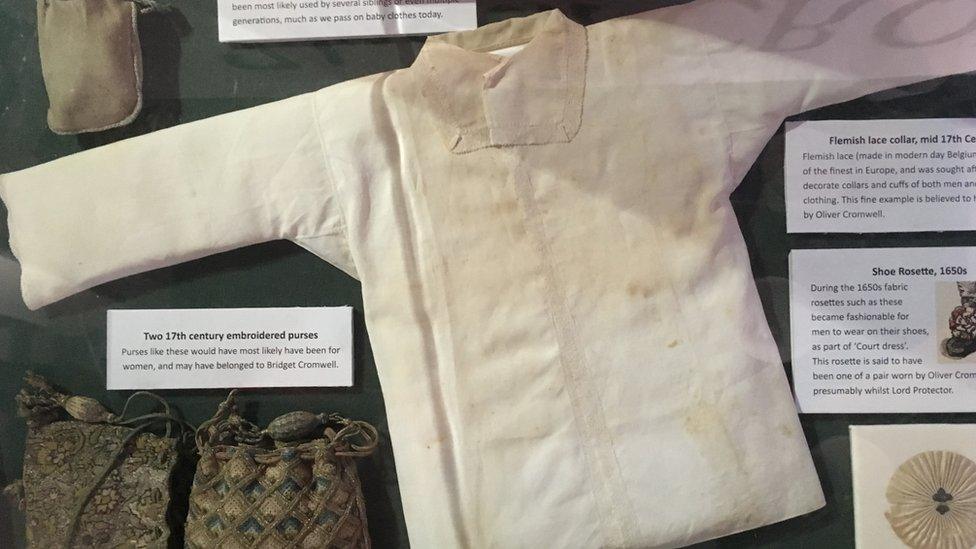Significant Oliver Cromwell deed joins Huntingdon archive
- Published
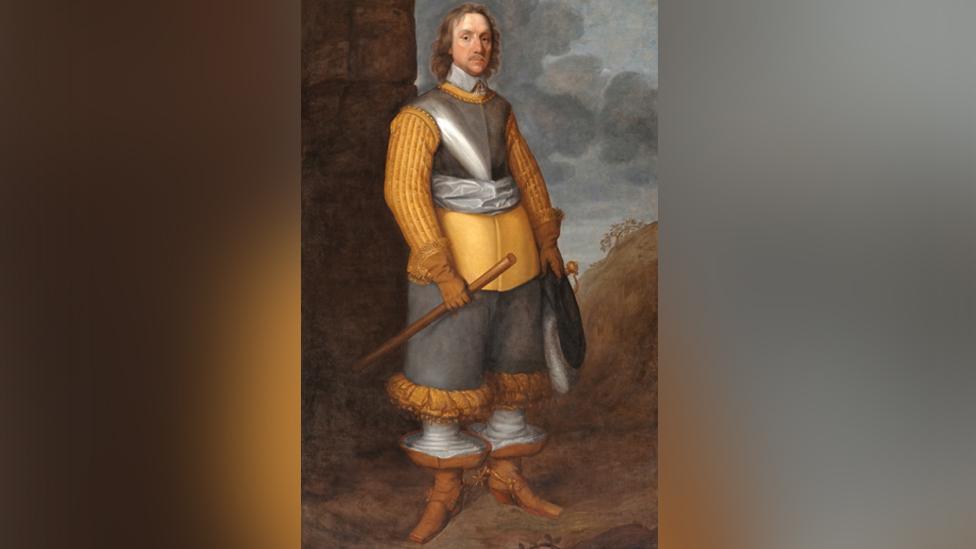
Oliver Cromwell was born in Huntingdon in 1599 and lived in present day Cambridgeshire until the Civil War in the 1640s
A "significant" signed document from Oliver Cromwell's early life has been added to a council's archive.
The 1627 Huntingdon property sale deed was bought by Cambridgeshire County Council for £5,000.
Historian Stuart Orme said Cromwell's pre-Civil War, external life was "relatively invisible" with little documentation.
In 1627, the future Lord Protector was struggling financially and socially and the following year he suffered his first mental health crisis, he said.
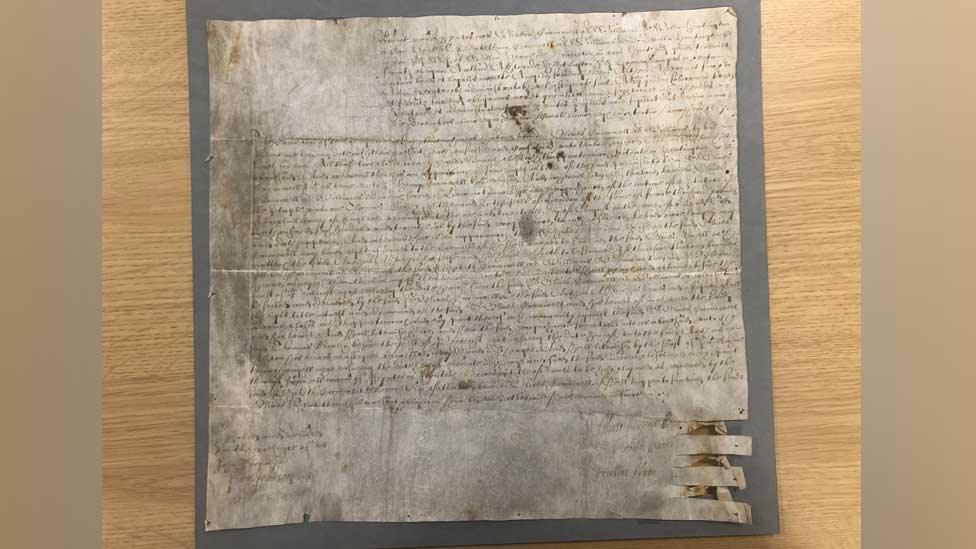
If he had not proved an unexpectedly good soldier in his 40s, he would probably have lived out his life in obscurity
The council bought the deed from the administrators of a defunct law firm.
It confirms the Cromwell family no longer have rights over a property called Barns Closes.
Tom Sanderson, chair of the council's communities, social mobility and inclusion committee, said: "It is interesting for us not just because it's Cromwell but because early deeds can be used to build up knowledge of relationships in an area, to work out who knew whom."
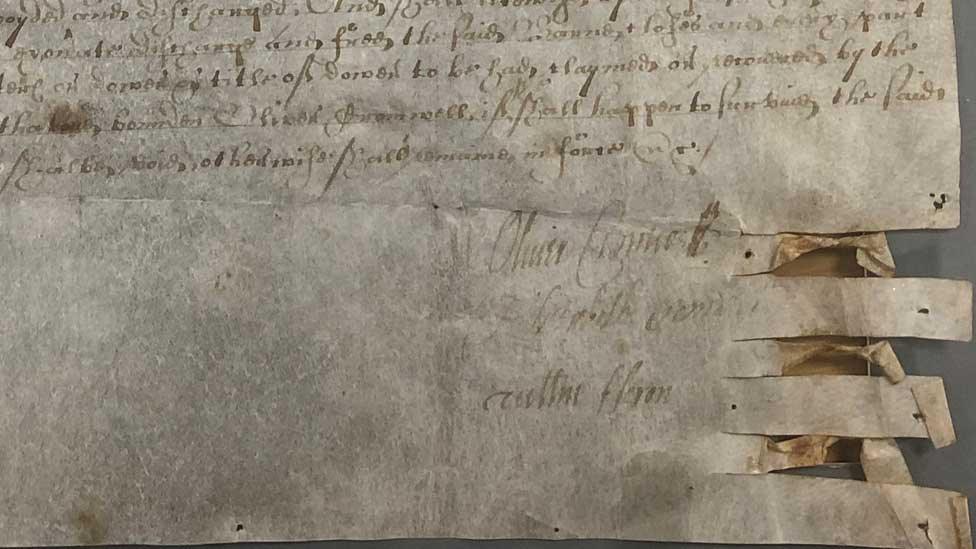
Cromwell's signature is the first of the three on the bottom right. The deed will be stored in the council's Huntingdon archive
Cromwell helped the Parliamentarian forces defeat Charles I during the Civil War, which resulted in the monarch being tried and beheaded, and he went on to become Lord Protector in the 1650s.
Mr Orme, who is curator of the Cromwell Museum in Huntingdon, external, said: "He did leave a vast quantity of paperwork - there are more writings and speeches by him than any other non-royal individual prior to the Victorian period.
"However, there's very little from his early life, which is why this is more significant."
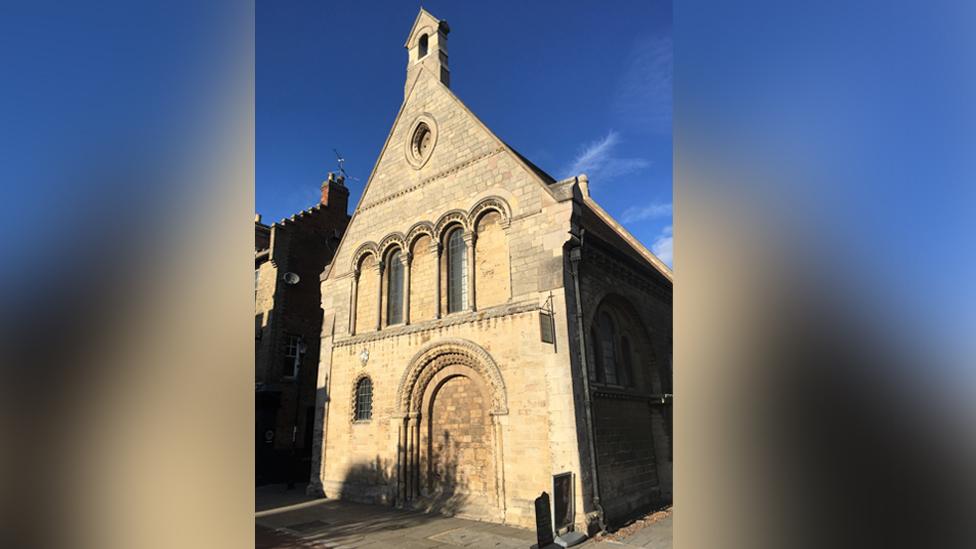
Cromwell attended Huntingdon grammar school between 1610 to 1616. It is now the Cromwell Museum

Oliver Cromwell
Oliver Cromwell rose to prominence in the Civil Wars and played a major role in the trial and execution of Charles I
He was vilified for the campaign in Ireland in 1649, but the accusation there were massacres of civilians is unproven, external
He was the first commoner to become head of state in British history
As Lord Protector he permitted religious tolerance - although not for Catholics
He died peacefully in his bed at Whitehall in 1658

Cromwell was financially on the slide in the 1620s as he sold off the rental properties he relied on for income to provide dowries for his six sisters.
By 1631, he was "reduced to being a tenant farmer in St Ives", said Mr Orme.
Inheriting property in Ely in 1636 restored his fortune and social status and by 1640 he was asked to stand as the MP for Cambridge.
The council hopes to put the deed on display in the museum at a future date.

Find BBC News: East of England on Facebook, external, Instagram, external and Twitter, external. If you have a story suggestion email eastofenglandnews@bbc.co.uk, external
Related topics
- Published18 January 2021
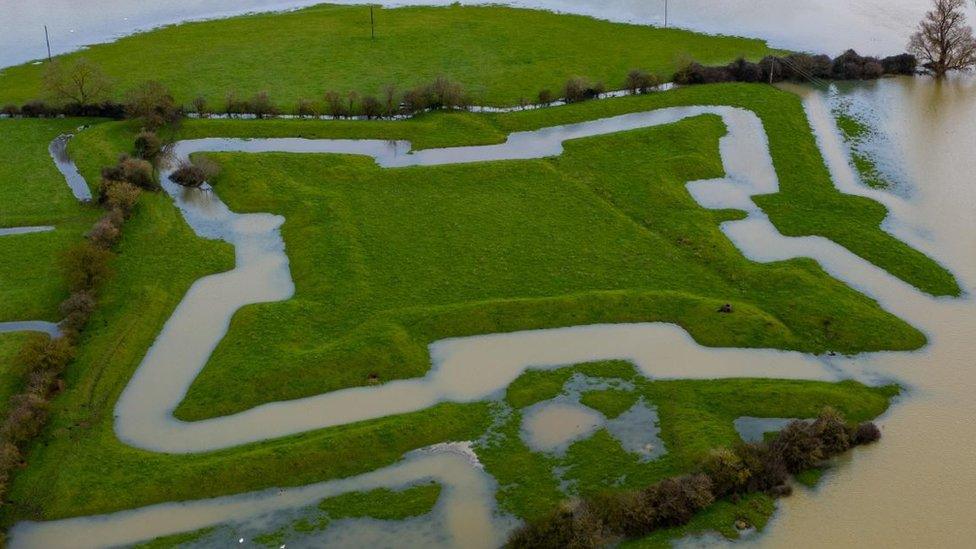
- Published15 February 2020
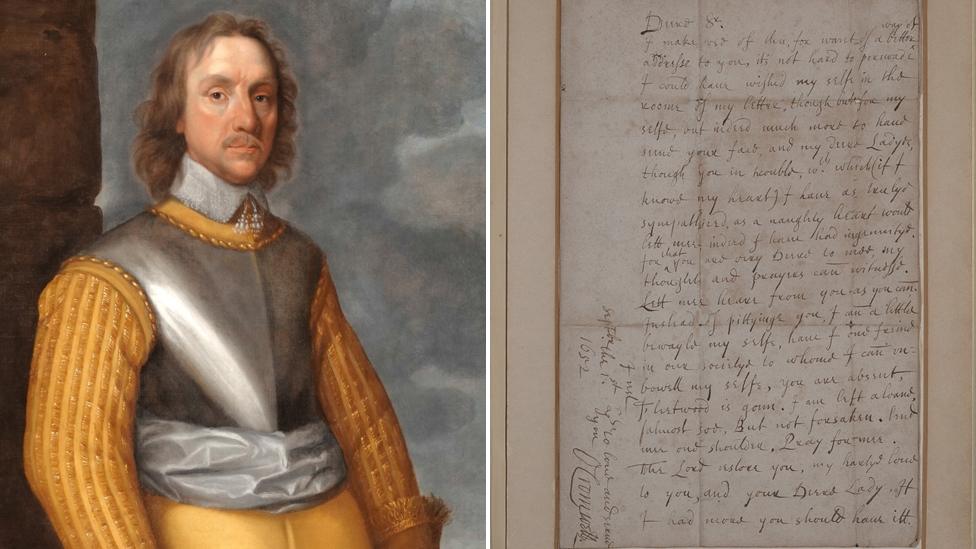
- Published20 June 2018
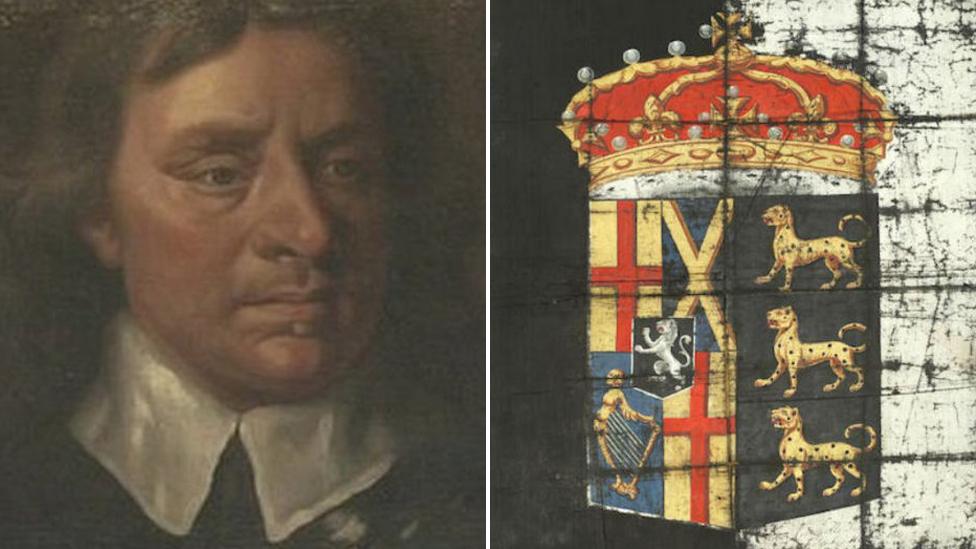
- Published4 December 2016
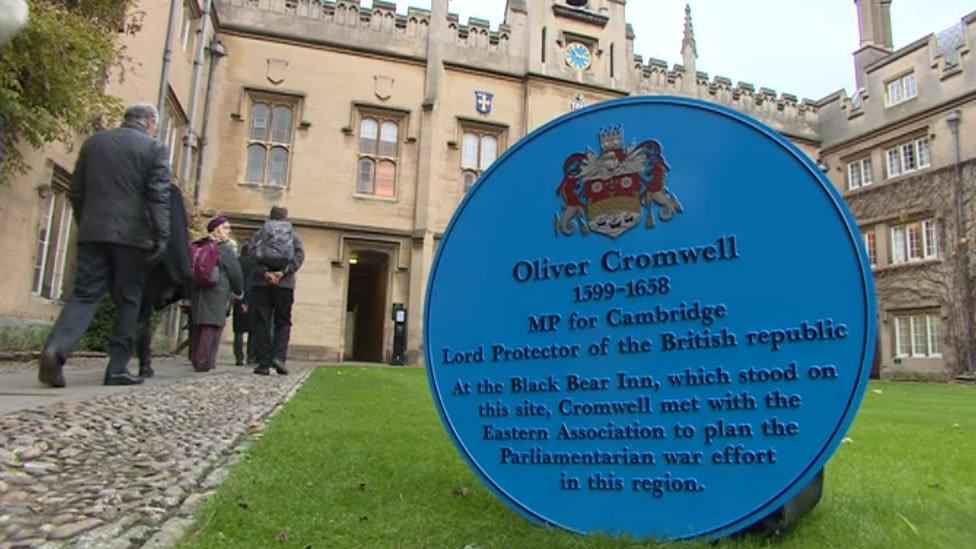
- Published31 October 2018
